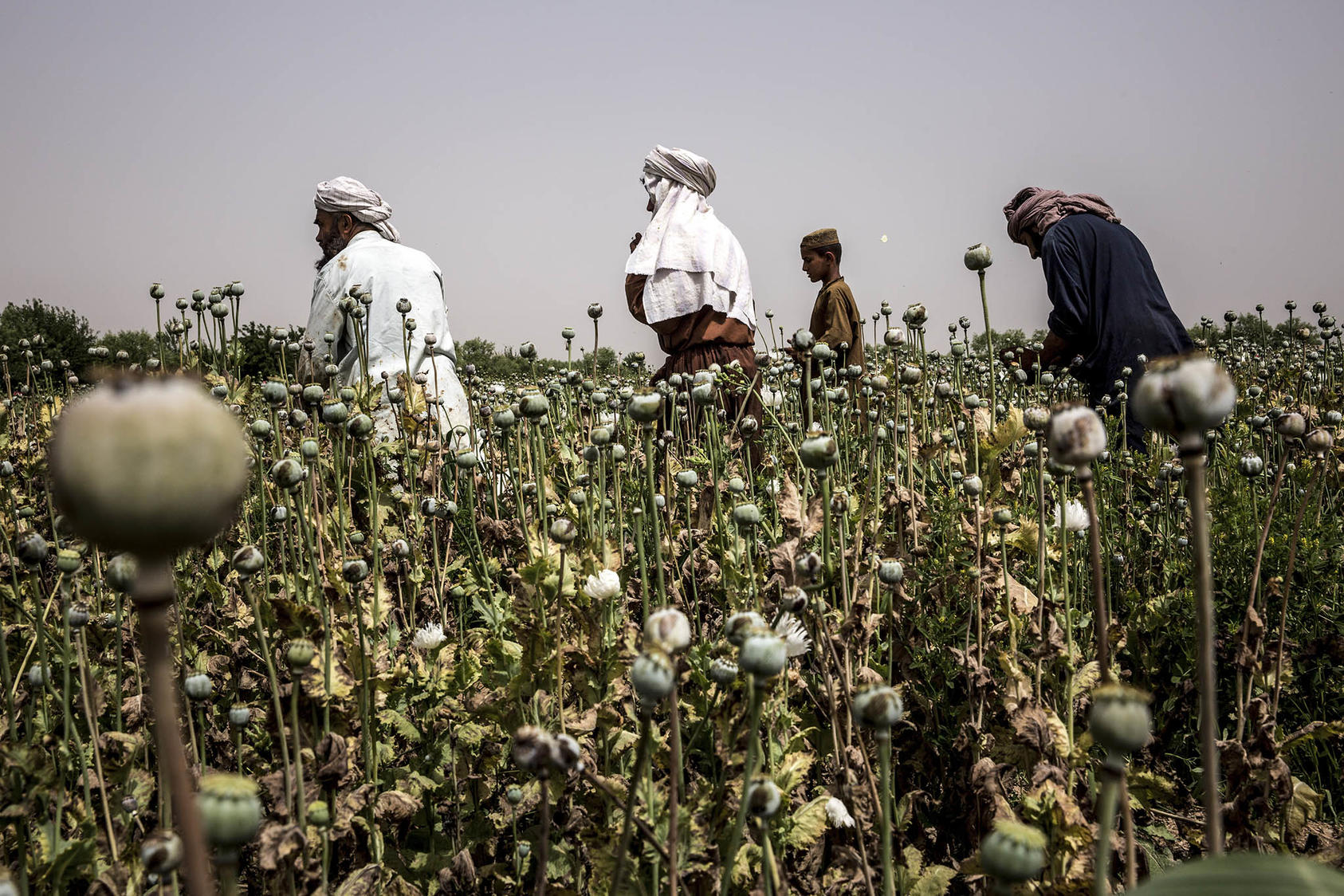The Taliban have done it again: implementing a nearly complete ban against cultivation of opium poppy — Afghanistan’s most important agricultural product — repeating their similarly successful 2000-2001 prohibition on the crop. But the temptation to view the current ban in an overly positive light — as an important global counter-narcotics victory — must be avoided. This is particularly true given the state of Afghanistan’s economy and the country’s humanitarian situation. Indeed, the ban imposes huge economic and humanitarian costs on Afghans and it is likely to further stimulate an outflow of refugees. It may even result in internal challenges for the Taliban itself. And, in the long run, it will not have lasting counter-narcotics benefits within Afghanistan or globally.

Phasing out Afghanistan’s problematic drug economy will be essential over the longer term — not least to contain widespread addiction within the country. But this ban, lacking any development strategy and especially at a time when the economy is so weak that displaced opium poppy farmers and workers have no viable alternative sources of income, is not the right way to start on that path.
